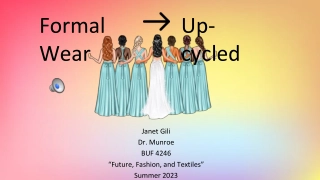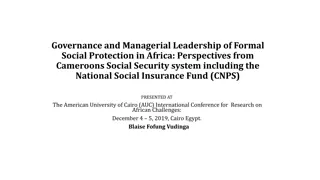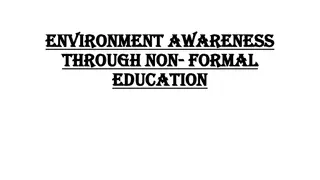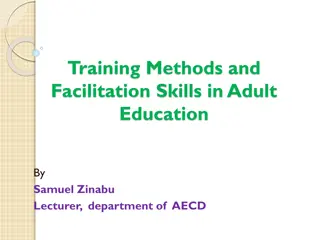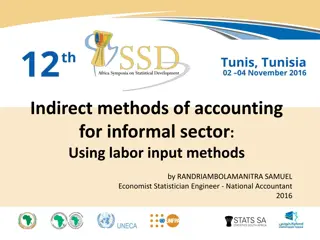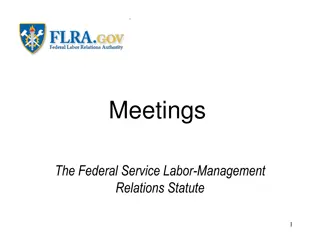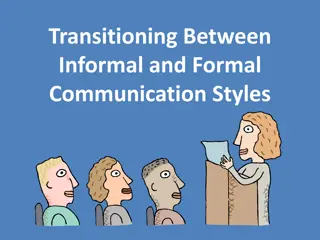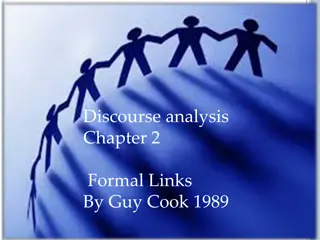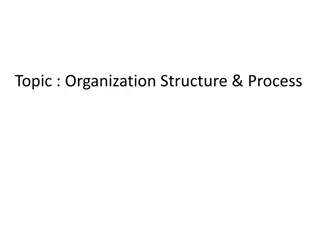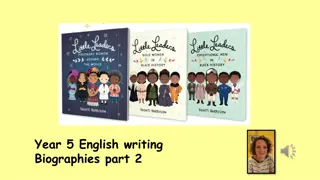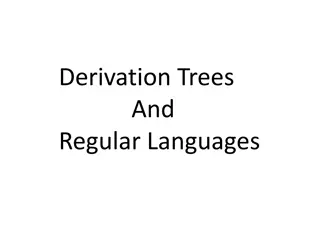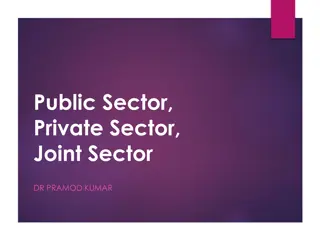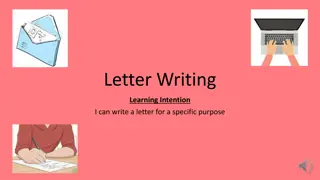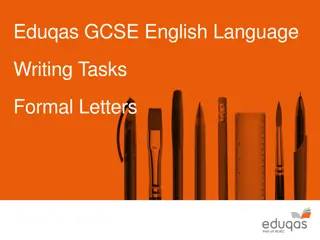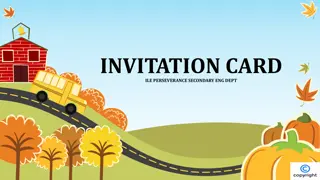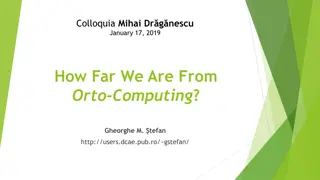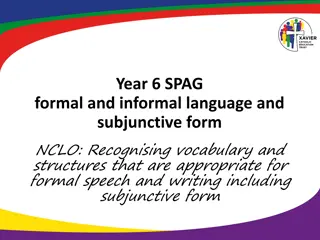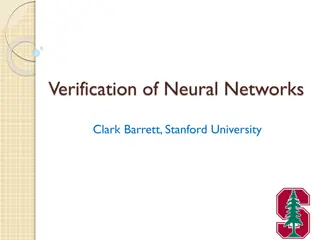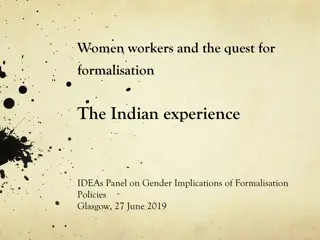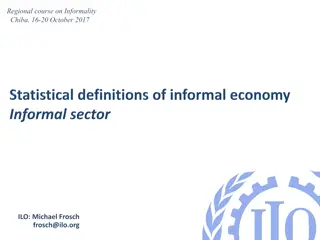Enhancing National Education Policies: Bridging Gaps and Recommendations
The presentation focuses on bridging gaps in the National Education Policy 2009 and aligning it with NEP 2015. It highlights key policy actions, gaps in implementation, and recommendations to improve literacy rates, develop curriculums, mainstream non-formal education, and allocate budgets effectively.
Uploaded on Dec 08, 2024 | 3 Views
Download Presentation

Please find below an Image/Link to download the presentation.
The content on the website is provided AS IS for your information and personal use only. It may not be sold, licensed, or shared on other websites without obtaining consent from the author.If you encounter any issues during the download, it is possible that the publisher has removed the file from their server.
You are allowed to download the files provided on this website for personal or commercial use, subject to the condition that they are used lawfully. All files are the property of their respective owners.
The content on the website is provided AS IS for your information and personal use only. It may not be sold, licensed, or shared on other websites without obtaining consent from the author.
E N D
Presentation Transcript
Group Members Muhammad Saleem Khan Amjad Ali Bhangu Muhammad Younus Sana Shahzad Khadija Butt Farah Sonam Saba Sheikh Muhammad Qasim Tahm Asib Khan
Objectives By the end of the presentation the participants will be able to identify the gaps in the National Education policy 2009 and recommend how to bridge the gap between NEP:2009 with NEP:2015
Policy Action (2009)- 1 Literacy rate shall be increased up to 86% by 2015 through up-scaling of ongoing programmes of adult literacy and non formal basic education in the country. Gap Overall achieved target 60% Punjab s 62% Recommendations There should be increased numbers of schools that must enroll maximum student to fill the gap. Formal school building can be utilized for this purpose.
Policy Action (2009)- 3 Government shall develop a national literacy curriculum and identify the instructional material, teacher training modules and professional development programmes to support the curriculum. The curriculum shall be objective driven, so as to facilitate assimilation of trainees into mainstream economic activity, by imparting skill training as per local needs and market trends. Gap Not implemented properly or partly implemented Delayed formulation of NFE curriculum framework Recommendations This NFE curriculum framework should be the part of NEP 2016.
Policy Action (2009)- 5 A system shall be developed to mainstream the students in non-formal programmes into regular education system, and a system of equivalence shall be developed to permit such mainstreaming. New literates shall receive formal certification so as to facilitate their entry into government schools Gap Drop out ratio is increased because of age difference of main streamed students and regular students. Recommendations There should be separate institute for adult students or admission policy should be revised.
Policy Action (2009)- 6 Provinces and district governments shall allocate a minimum of 3% of education budget for literacy and non formal basic education (NFBE). Gap There is no budget allocated at districts level. Recommendations Allocated budget should be dispersed properly. Community should be involved. Budget should be increased.
Policy Action (2009)- 7 Linkages of non-formal education with industry and internship programmes shall be developed to enhance economic benefits of participation Policy Action (2009)- 8 Horizontal linkages between schools and vocational/skills training centers shall be established. Gap There is minimum linkage between industry and NFE. Recommendations There must be strong linkage between industry and NFE. Industry should adopt NFE schools in its surrounding areas.
Policy Action (2009)- 9 Government schools shall initiate Non-Formal Education (NFE) stream for child laborers. Children involved in various jobs or work shall be brought within the ambit of non-formal education system with need-based schedules and timings. Gap On government level there are minimum efforts are made. Recommendations It should be forcefully implemented. There should be collaboration between NGOs and Public Sectors.
Policy Action (2009)- 10 NEF programmes, currently in practice up to grade 5 shall be expanded up to grade 10, where required. Gap It is not implemented yet. Recommendations It should be implemented forcefully.
Policy Action (2009)- 11 Special literacy skills programmes shall target older child labourers, boys and girls (14 to 17 years). Special educational stipends shall be introduced to rehabilitate child labourers. Gap Least implemented. Recommendations It should be forcefully implemented to reduce child labourers.
Policy Action (2009)- 13 Government shall develop guidelines for post-programme initiatives. Regular follow-up shall be made a part of the literacy programs. Gap First there must be implementation before follow-up
Policy Action (2009)- 14 Steps shall be taken to ensure that teachers for adult learners and non- formal education are properly trained and have a well defined career structure allowing them to move into mainstream education. Gap There are least numbers of trained teachers. Teacher training budget not allocated. Recommendations Regular teacher training program should be arranged. Sufficient budget must be allocated. Professional degree programs should be started in universities.
General Recommendations All univerties and college students should be required to spread out in the country for the education of non literates (Youth Ambassadors). For all those who are volunteers to participate should be given an incentive in form of 20 marks for their further studies. Monitoring of literacy centers required far more strict evaluation standards. It is recommended that NGOs working in the field of education those should also be involved adult literacy effort. Responsibility of the school council should be finalized and council members should be trained at union council level. parliament must pass the law where by it become compulsory for all private TV channels to devote at least 30 minutes out of 24 hours during prime time to telecast adult literacy programs.


